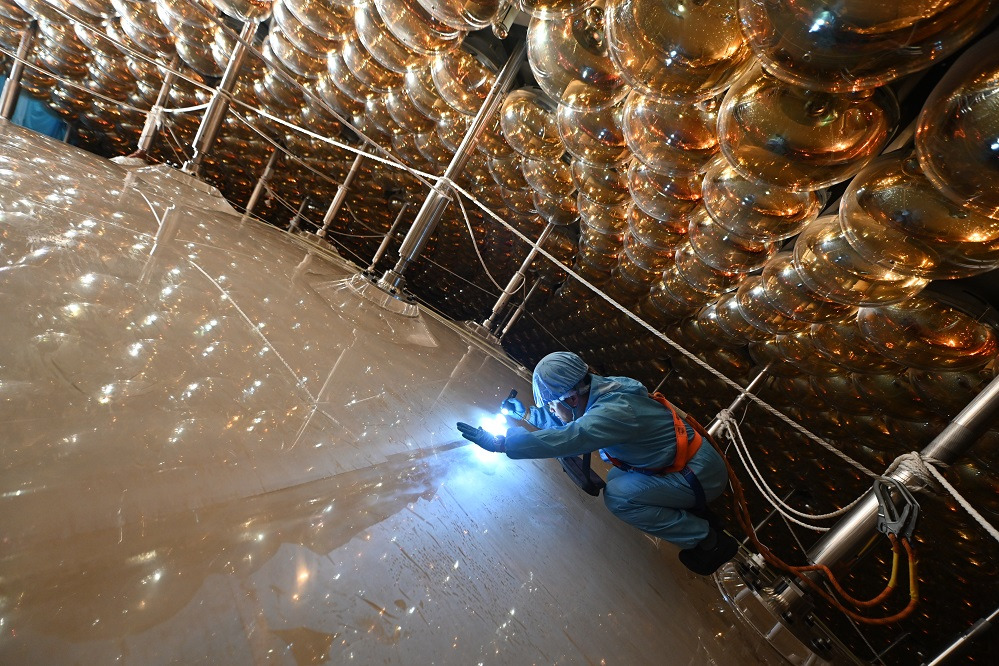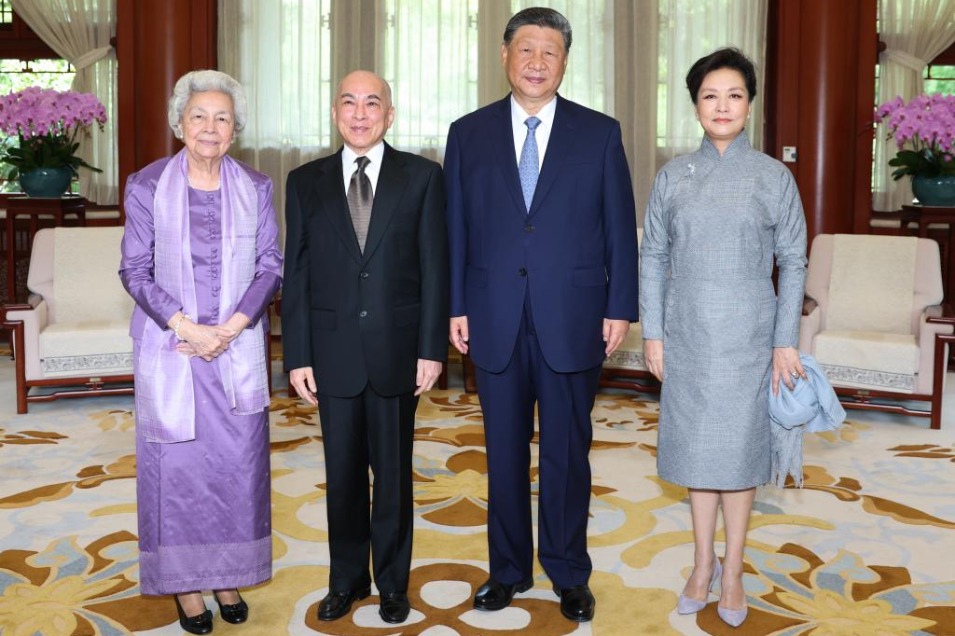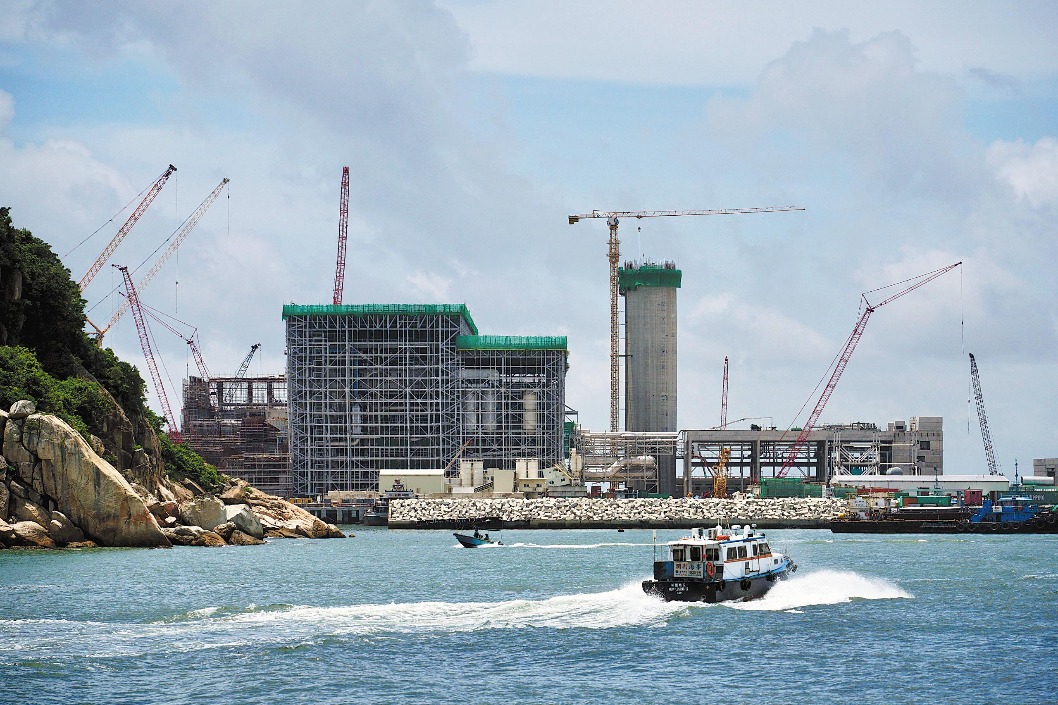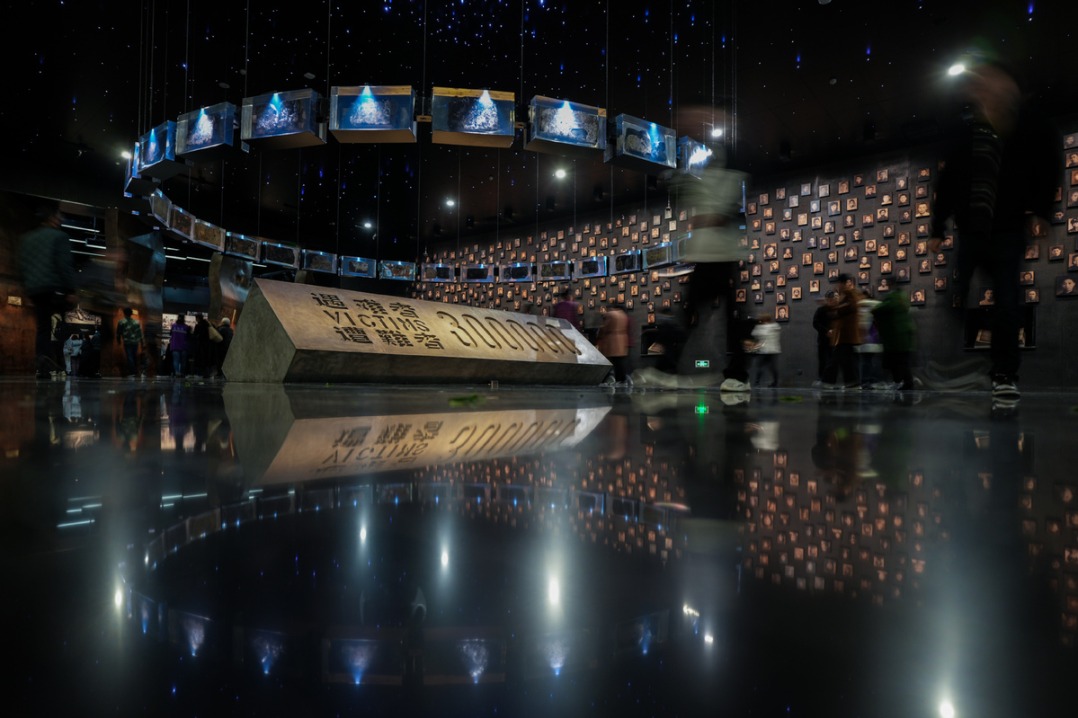Whole-process democracy best for China


Whole-process people's democracy sums up the general situation, and the new demands, of socialism with Chinese characteristics. Democracy is a common value of humanity and an ideal that has always been cherished by the Chinese people and the Communist Party of China.
It is impossible and unnecessary to build democracy in all societies in the same way as there are many ways to build democracy, including by promoting the rule of law. But laws "are always unstable unless they are founded on the manners of a nation; and manners are the only durable and resisting power in a people", observed French political scientist Alexis de Tocqueville, who traveled around the United States in the first half of the 19th century and analyzed US-style democracy in his well-known book, Democracy in America.
And whole-process people's democracy, rooted in Chinese history and culture, conforms to the manner of the Chinese nation.
Governance for the people
Whole-process people's democracy covers all aspects of democracy in the national governance system and construction of governance, and provides the systemic guarantee for governing the country for the people.
First, people in China exercise their right to vote in democratic elections through the people's congress system, the country's fundamental political system. The people's congress system ensures the people are the masters of the country. People elect the delegates to the people's congresses, directly or indirectly, from the local and provincial level to the central level-the National People's Congress, the highest organ of State power-making the system the most extensive and representative form of democracy.
The delegates so elected to the people's congresses have four main functions: legislation; appointment and removal of officials; decision-making; and supervision. The NPC and its Standing Committee exercise the legislative powers of the State, and thus can amend the basic laws and even the Constitution.
The people's congresses at all levels also conduct supervision on matters of public concern. For instance, more than 20 provinces including Zhejiang have drafted regulations to establish a system to improve people's livelihoods by inviting public opinions on the issue, the people's congress at the same level voting to decide the formal programs, and the government implementing it under the supervision of the delegates to the people's congress and the public. This explains how the people's congress system helps improve people's lives and well-being.
Second, the system of multiparty cooperation and political consultation under the CPC's leadership is a basic element of China's political framework. There are no opposition parties in China, but that doesn't mean that the country's political party system is one of one-party rule. China's is a multiparty cooperation system in which the CPC exercises State power with the cooperation of the other eight political parties.
Political consultation promotes democracy
The most important body for democratic and constructive consultations on national, political and social issues is the Chinese People's Political Consultative Conference. The CPPCC serves as a key element of the multiparty mechanism, because as a specialized body for socialist consultative democracy, it promotes unity, strengthens multiparty cooperation, and practices people's democracy in the process of political consultation.
Most important, the CPPCC reflects the distinctive features and strengths of China's socialist democracy, with the problems being solved through consultation. It is a key component of the State governance system, and a distinctively Chinese political institution.
Using the institutions of the CPPCC, representatives of all political parties, people's organizations, ethnic groups and social sectors engage in political consultation through mechanisms such as the meetings of the national committee, chairpersons and special committees, forums on specific subjects, and consultative seminars, and make proposals, conduct inspections and report on the social conditions and public opinions on a regular basis.
In doing so, the CPPCC members strengthen trust and dispel doubts, convey the will of the people and build the broadest possible consensus, so as to form a shared ideological foundation for collective endeavors.
In recent years, the CPPCC has used innovative means to hold consultations, especially at the grassroots level, on matters of public interest. For example, Zhejiang province has been promoting "Please Join Our Consultation" activity to enable the people's political consultative conference at the county level to hold discussions on the problems faced by people at the grassroots level, including car parking spaces in neighborhoods, getting baby-sitters and childcare professionals, upgrading the public transport network, and building cultural centers in rural areas.
Third, the public takes part in major administrative decision-making based on the scientific democratic decision-making system in accordance with the law. China has always stressed the importance of a scientific, democratic, rule of law-based decision-making mechanism. In fact, with the implementation of the Interim Regulation on Major Administrative Decision-Making Procedures, the State Council, China's Cabinet, has made the participation of the public in major administrative decision-making process a lawful procedure.
For major administrative decision-making on issues of public interest, governments at all levels must solicit public opinions through different means including symposiums, public hearings, on-site interviews, and questionnaire surveys and polls. The interim regulation also says that the duration for soliciting public opinions should not be less than 30 days. These procedural regulations ensure the public enjoys the right to know and participate in major administrative decision-making.
Fourth, both urban and rural residents exercise self-governance under the leadership of community-level Party organizations. They establish villagers' and residents' committees, and directly exercise their democratic rights to handle public affairs and public services in their residential areas.
China's whole-process people's democracy emphasizes the implementation of democracy not only at the macro level, but also at the micro level, that is, from the central to the grassroots level.
For example, county-level officials are elected through elections held in the village or community. China has strengthened the self-governance system at the grassroots level in recent years and made provisions for holding direct election to neighborhood and village committees, and created villagers' supervision committees to deal with village-related matters. This has further enhanced people's democratic management right and strengthened the self-governance mechanism at the grassroots level.
And fifth, the people exercise the democratic supervision right due to the democratic supervision system. And to help them better exercise their legal rights, China has set up a rounded supervision system which includes inner-Party supervision, NPC supervision, administrative supervision, judicial supervision and social democratic supervision.
Self-governance norms strengthened
With the Party strengthening self-governance norms recently, the role of social democratic supervision has become even more important. Quite a few regions have implemented and promoted innovative forms of supervision including soliciting public opinions online and through TV notifications, which has helped resolve many issues related to people's livelihoods. All this has been made possible because of whole-process democracy.
As such, whole-process people's democracy conforms to China's national condition, and is the truest, most extensive and most practical form of democracy for China.
The author is an associate professor at the China National Academy of Governance.
The views don't necessarily reflect those of China Daily.
If you have a specific expertise, or would like to share your thought about our stories, then send us your writings at opinion@chinadaily.com.cn, and comment@chinadaily.com.cn.


































